Can Skin Peel Treatment Cause Cancer? Unveiling the Facts
Understanding Skin Peel Treatment
Skin peel treatments, also known as chemical peels, are cosmetic procedures used to improve skin texture, tone, and appearance. They involve the application of chemical solutions to exfoliate the outermost layers of the skin, promoting cell turnover and rejuvenation. Despite their widespread use and effectiveness in addressing various skin concerns, questions have arisen regarding their safety, particularly regarding their potential association with cancer.
Assessing Potential Risks
- Chemical Ingredients: Skin peel solutions typically contain various chemical agents, such as alpha hydroxy acids (AHAs), beta hydroxy acids (BHAs), trichloroacetic acid (TCA), or phenol. While these chemicals are generally safe when used as directed by trained professionals, concerns have been raised about their potential to cause DNA damage or increase cancer risk.
- UV Sensitivity: Following a skin peel treatment, the skin becomes temporarily more sensitive to sunlight. Prolonged sun exposure without adequate protection may increase the risk of sunburn and skin damage, which, in turn, could contribute to the development of skin cancers, such as melanoma or non-melanoma skin cancers.
Dispelling Misconceptions
- Professional Supervision: Skin peel treatments should be performed by qualified dermatologists, plastic surgeons, or licensed skincare professionals with expertise in cosmetic procedures. These professionals assess each patient’s skin type, medical history, and treatment goals to customize the peel solution and minimize potential risks.
- Low Cancer Risk: While concerns about chemical exposure and UV sensitivity exist, scientific evidence supporting a direct link between skin peel treatments and cancer development is lacking. When performed correctly and under appropriate supervision, skin peels are considered safe cosmetic procedures with minimal long-term health risks.
Promoting Informed Choices
- Pre-Treatment Evaluation: Before undergoing a skin peel treatment, individuals should undergo a thorough evaluation by a qualified professional to ensure they are suitable candidates. This assessment helps identify any contraindications, such as active infections, inflammatory skin conditions, or a history of abnormal scarring, which may warrant alternative treatment options.
- Sun Protection: Following a skin peel procedure, strict sun protection measures are essential to minimize the risk of UV-related skin damage. Patients should apply broad-spectrum sunscreen daily, wear protective clothing, and avoid prolonged sun exposure, especially during peak sunlight hours.
Conclusion
Skin peel treatments are valuable tools in dermatology and aesthetic medicine for improving skin quality and appearance. While concerns about cancer risk exist, current evidence suggests that when performed by qualified professionals and accompanied by appropriate sun protection measures, skin peels carry minimal risk of cancer development. By prioritizing patient safety and adherence to best practices, individuals can confidently pursue skin peel treatments to achieve their desired skincare goals.
Explore our range of professional skin peel treatments, administered by experienced skincare specialists dedicated to ensuring optimal results and patient safety.


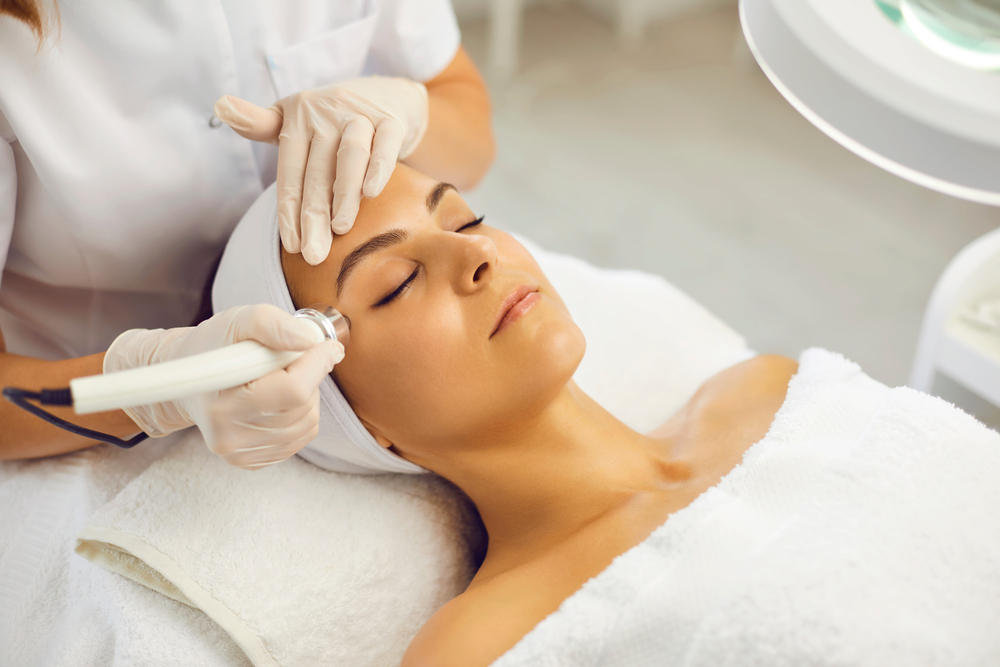
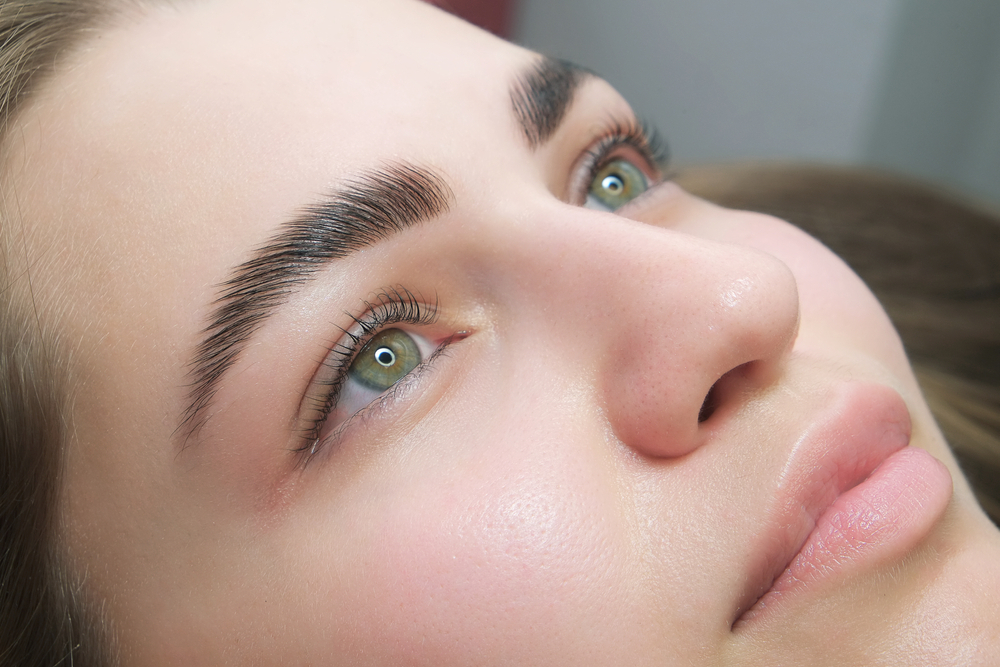
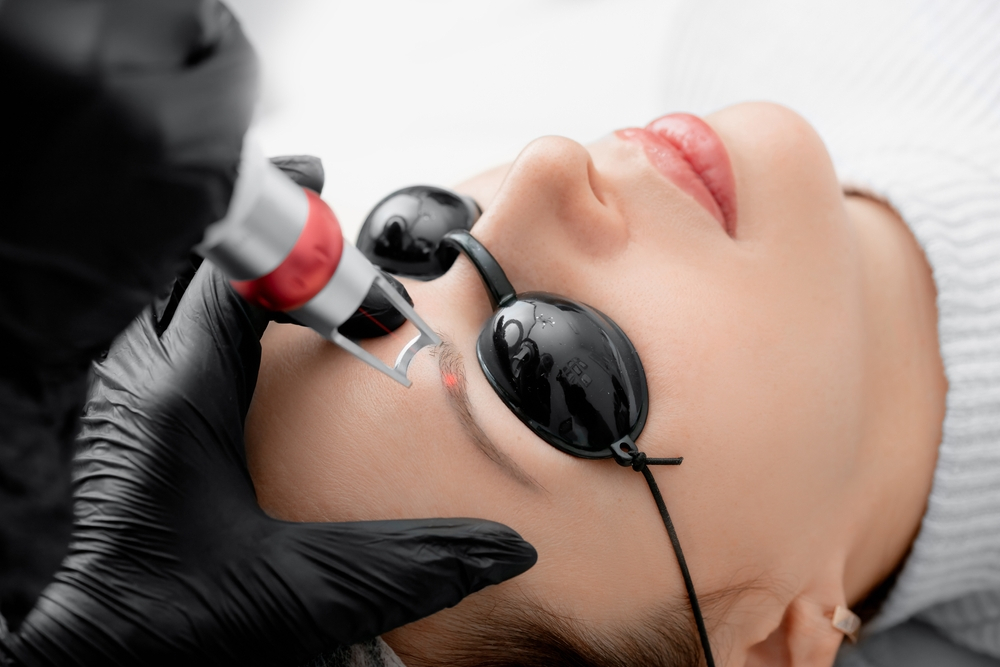
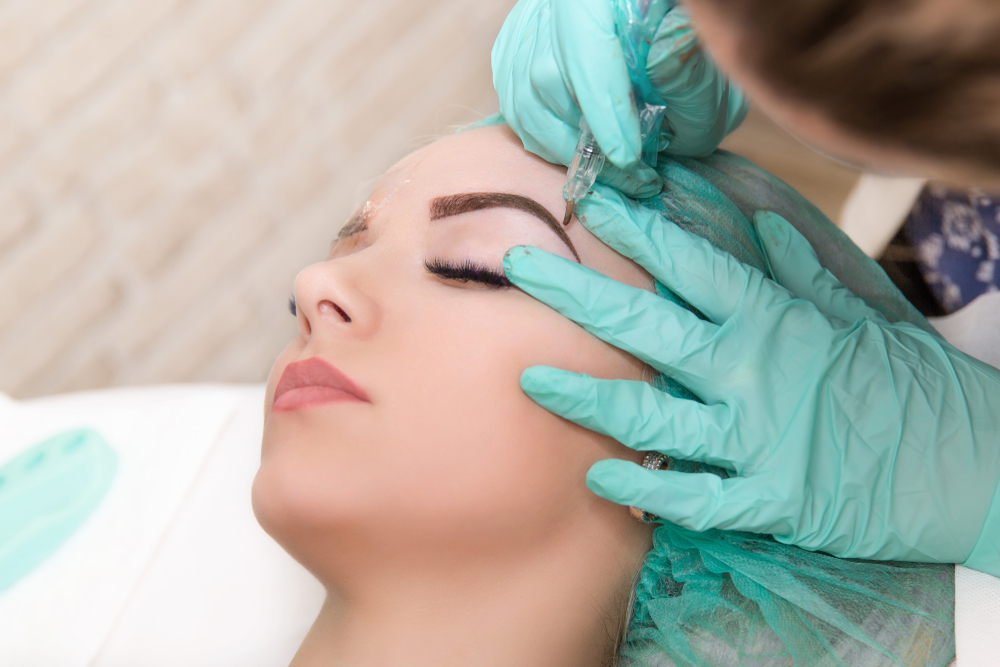
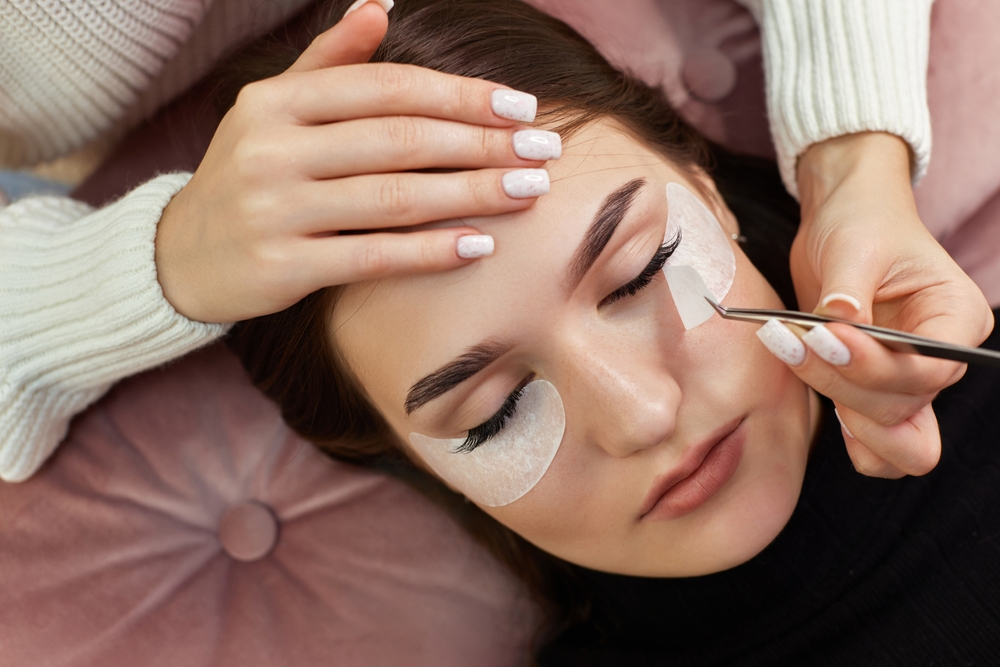
Your point of view caught my eye and was very interesting. Thanks. I have a question for you. https://www.binance.info/en-IN/register?ref=UM6SMJM3